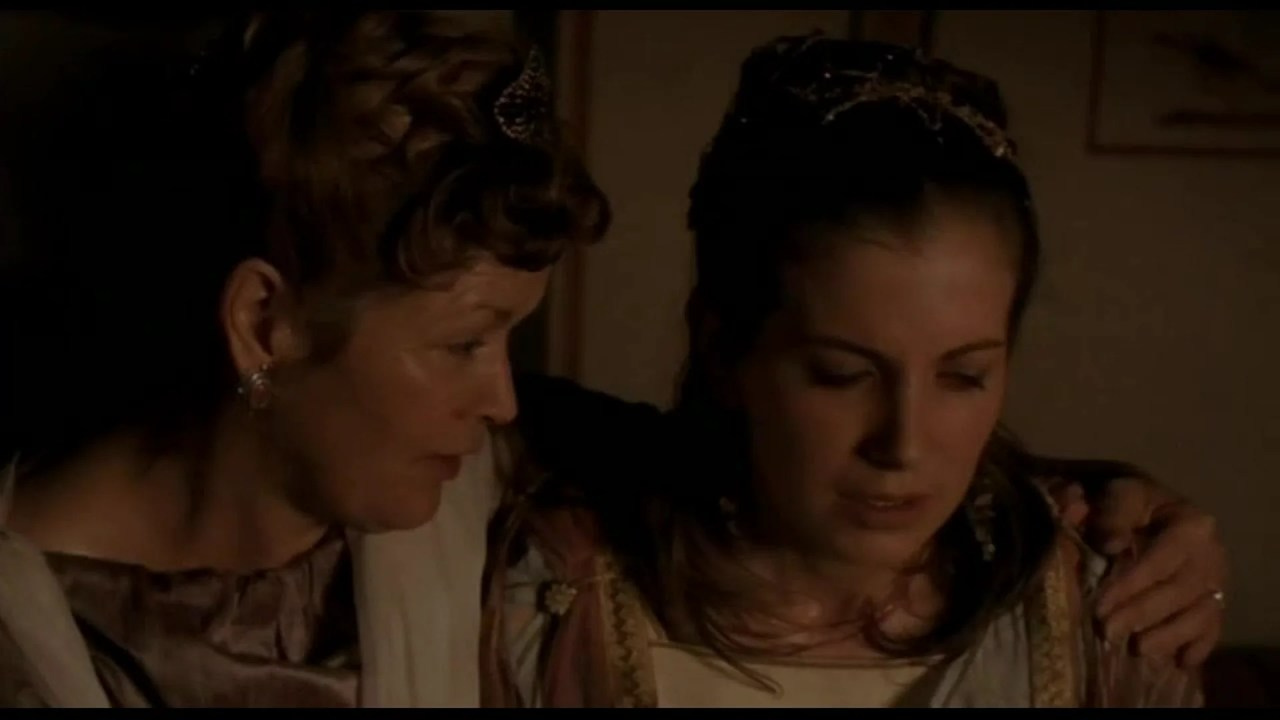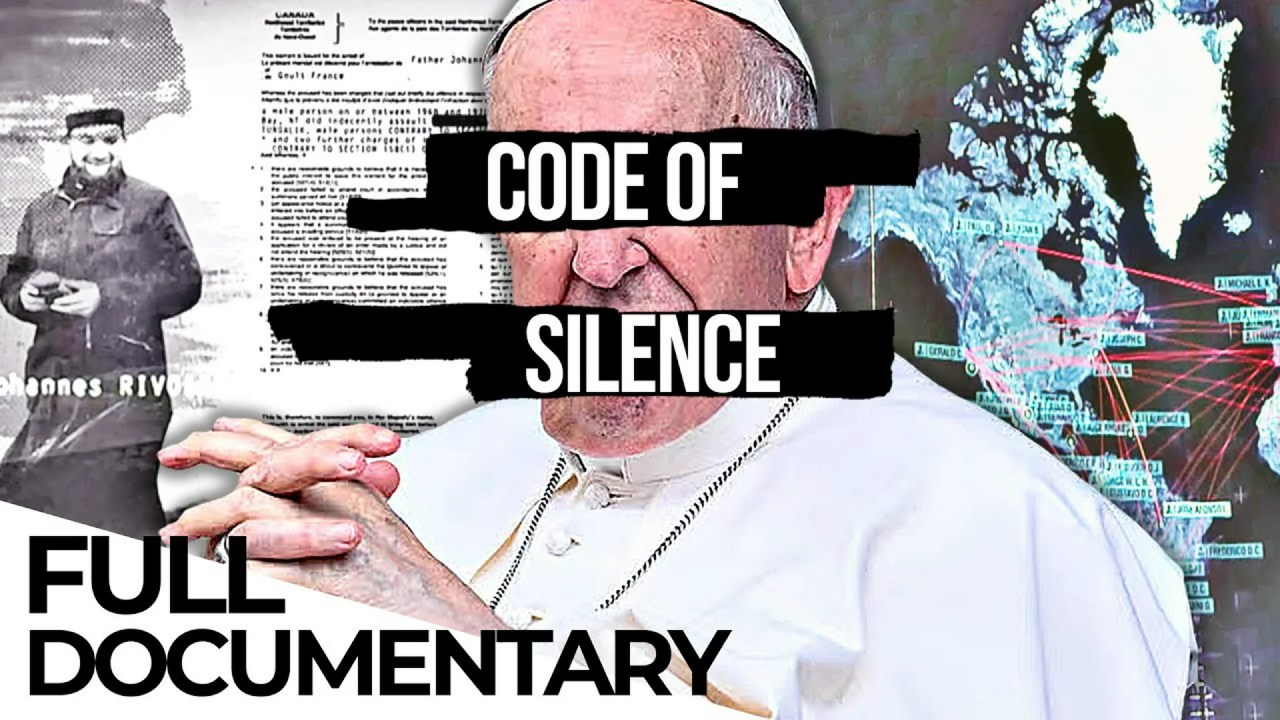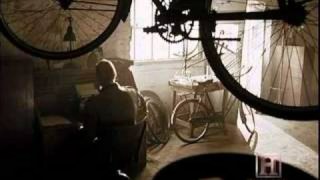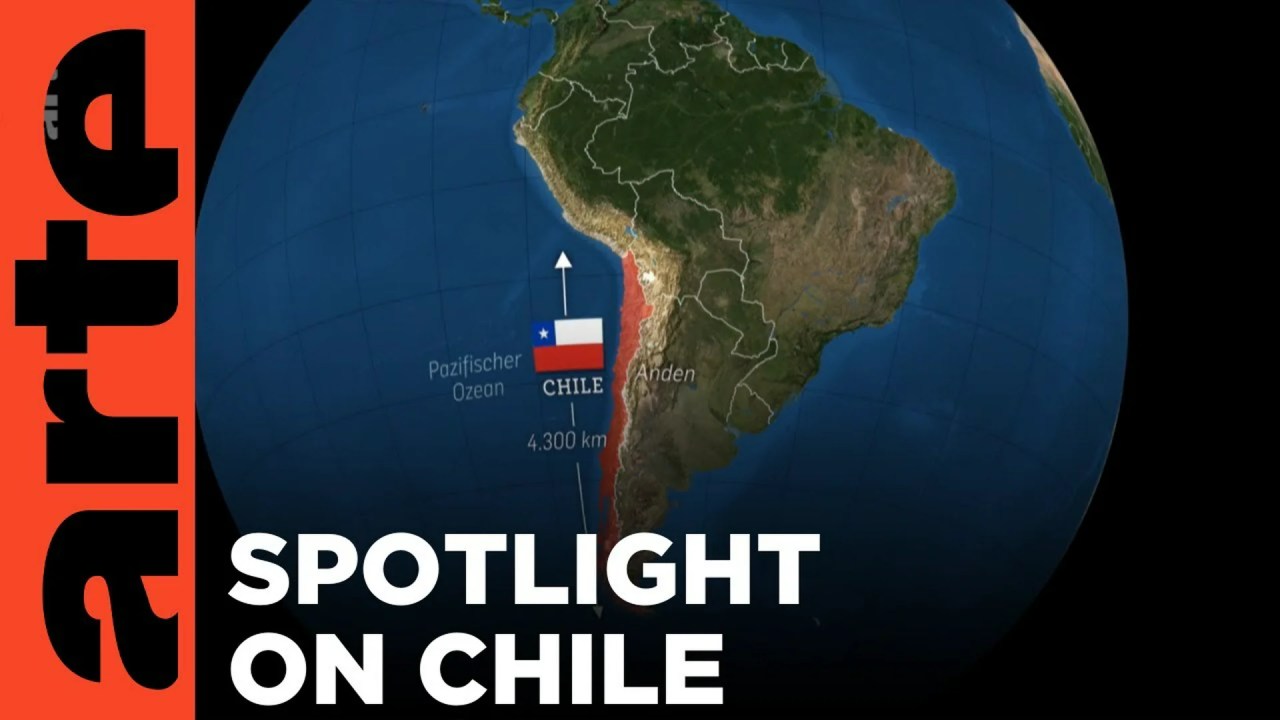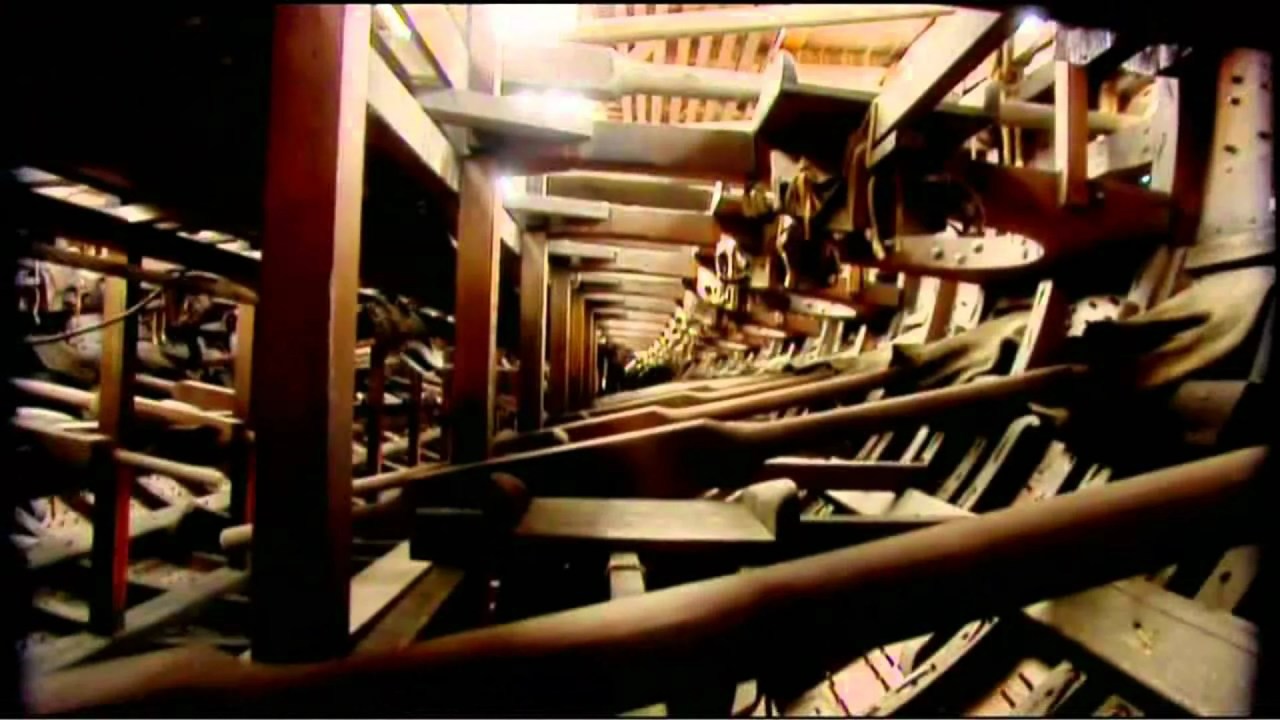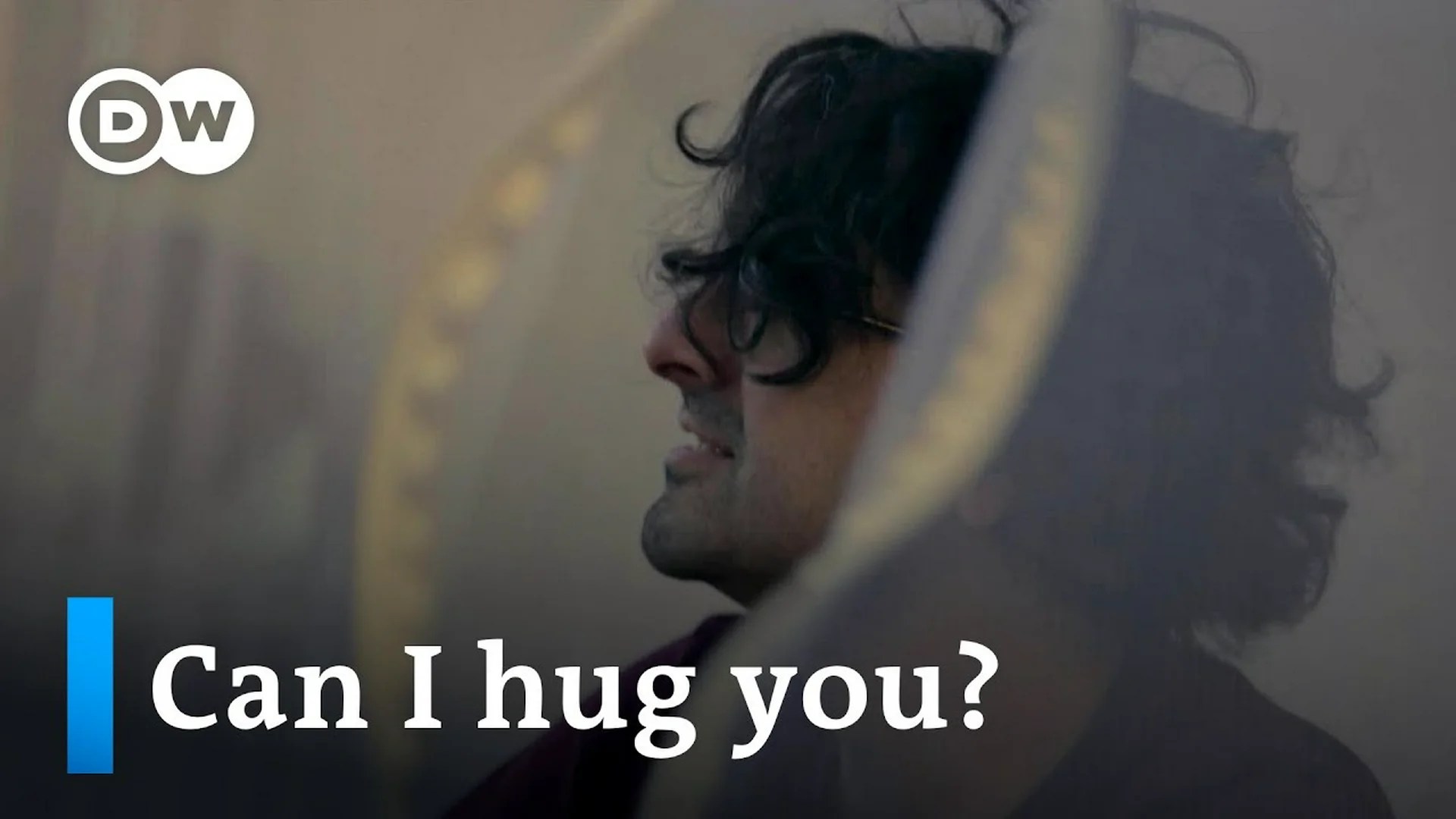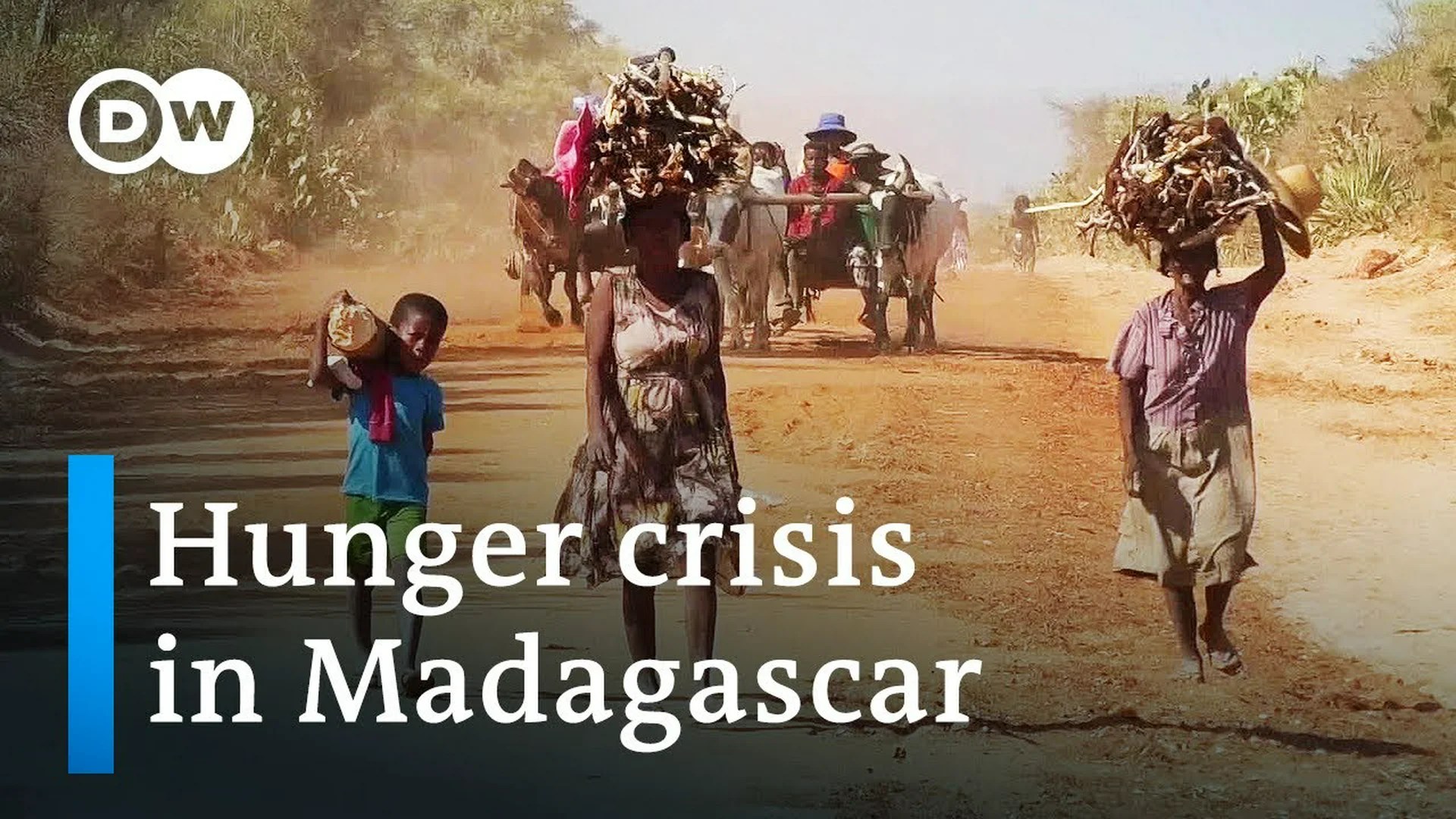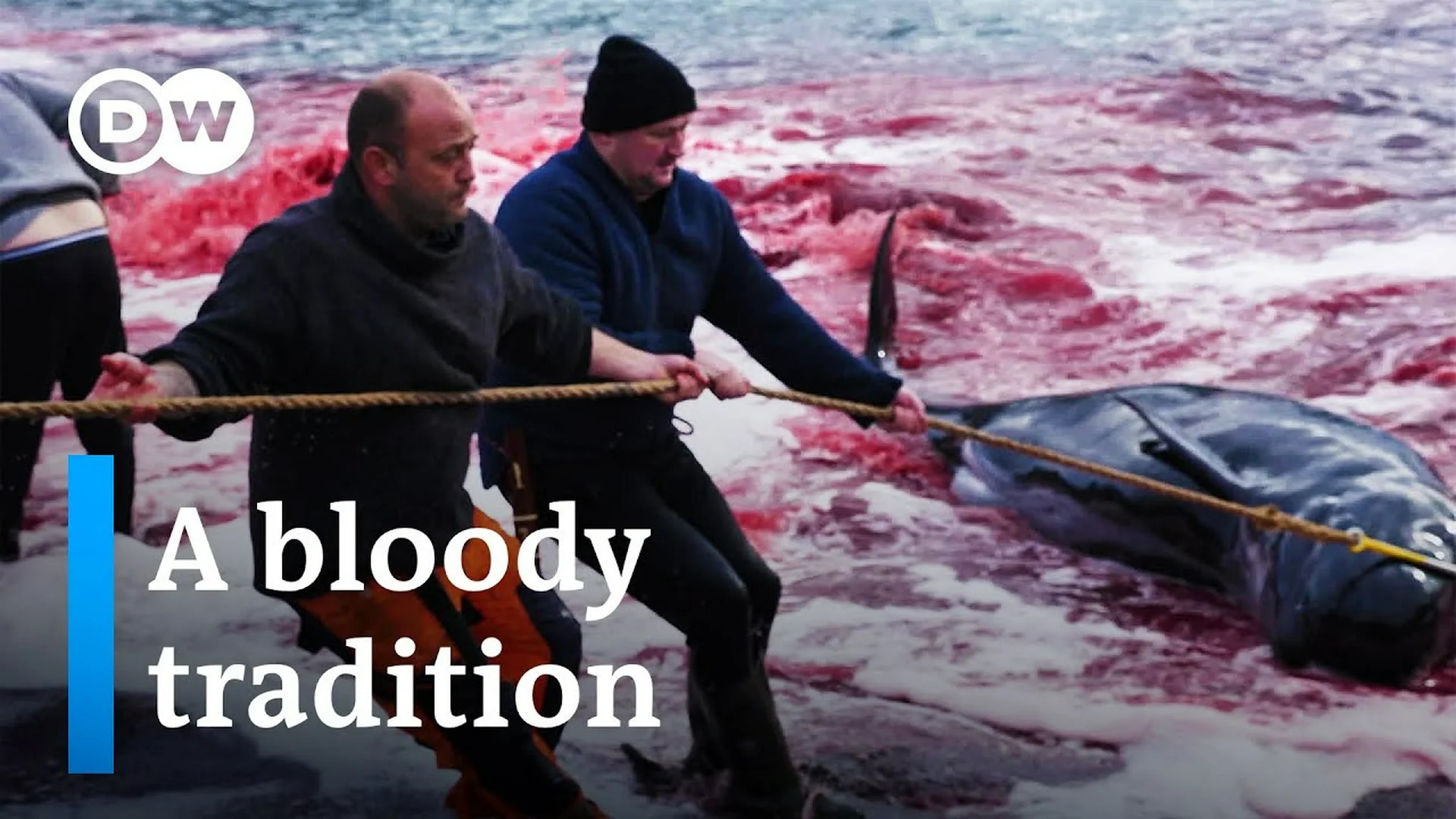The eruption of Mount Vesuvius in 79 AD was a tragic event that resulted in the destruction of two iconic Roman cities, Pompeii and Herculaneum. In the BBC documentary, Pompeii: The Last Day, viewers are taken on a dramatic journey through this fateful day.
The eruption began early in the morning of August 24th and released plumes of ash and pumice high into the sky. This eventually engulfed both cities, burying them under layers of debris. Despite their efforts to flee, archaeologists have estimated that up to 16,000 people were killed by the volcanic disaster.
The documentary is filled with vivid recreations of what it must have been like for those living in Pompeii and Herculaneum during their final hours. Viewers can feel the fear as they watch as residents attempt to escape the disaster only to be overtaken by showers of hot ash and intense heat.
In addition, advanced computer graphics provide an accurate depiction of how both cities would have looked before their untimely demise. With its combination of expert commentary from historians and archaeological findings, this compelling documentary provides a unique window into ancient Roman life.
With its mix of gripping visuals and fascinating insights into what happened during one fateful day, Pompeii: The Last Day is an essential viewing experience for anyone interested in history or archaeology. Whether you’re a student or just an avid fan, let this documentary take you back in time to witness one of the most devastating natural disasters ever recorded on screen.

